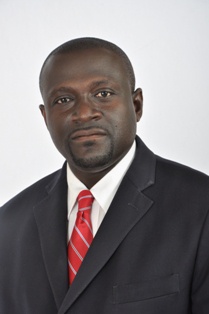 Dr. Mark Assibey-Yeboah
Dr. Mark Assibey-Yeboah
The suspension of Ghana’s intended sale of a $1.5billion Eurobond was due to low investor confidence in the economy, Dr. Mark Assibey-Yeboah, an economist and a Member of Parliament (NPP) for New Juaben South, has said.
Ghana on Friday was forced to suspend the issuance of its Eurobond of $1.5billion until further notice following what has now been interpreted as low interest by the investor community.
The few investors who showed interest also demanded a higher yield of 11.5% on their returns against the 9.5% the government was willing to offer, a much higher yield than the 2007, 2013 and 2014 bonds.
In 2007, the government offered 8.5% yield while in 2013 it offered 7.875%. In 2014, the yield rate was 8.125%.
Dr. Assibey-Yeboah told Kasapafmonline.com in an interview on Monday that the demand by the investor community is a clear indication of having low confidence in the Ghanaian economy.
“The investors normally give an interest rate on the bond and the government was specific with its indicative interest rate of 8.75%. Later we heard that the government has revised the interest rate to 9.5%. However, we heard that those investors who had shown interest in our bond were demanding for 11.5% because the 9.5% interest rate was very dangerous.”
“Before an investor will demand such a rate it means that your economy is not in good health and so he or she fears that once the money is giving you, you will not pay back and so there is the need to demand for higher premium,” he noted.
Asked whether the World Bank guarantee of US$400million was not convincing enough to the investor community, the New Juaben South legislator retorted “that makes the scenario more dangerous. We have something we call Policy Base Guarantee which means that our sovereign guarantee on the bond rates we have issued in 2007, 2013 and 2014 – this time around our economic fundamentals are so poor to the extent that there is the need for an insurance cover worth US$400million to support this bond issue in case of default.”
“I am sure that if we had gone to the market with our own sovereign guarantee, the investors would have demanded an interest rate in excess of 13% because with the World Bank guarantee, they are even demanding in excess of 11% interest rate.”
“So, I am not surprised why government officials are refusing to comment on the issue. They simply do not know what to explain to the public.”
He told this website that the implications are quite enormous on the country’s budget, economic growth and the currency, which continues to depreciate almost on daily basis.